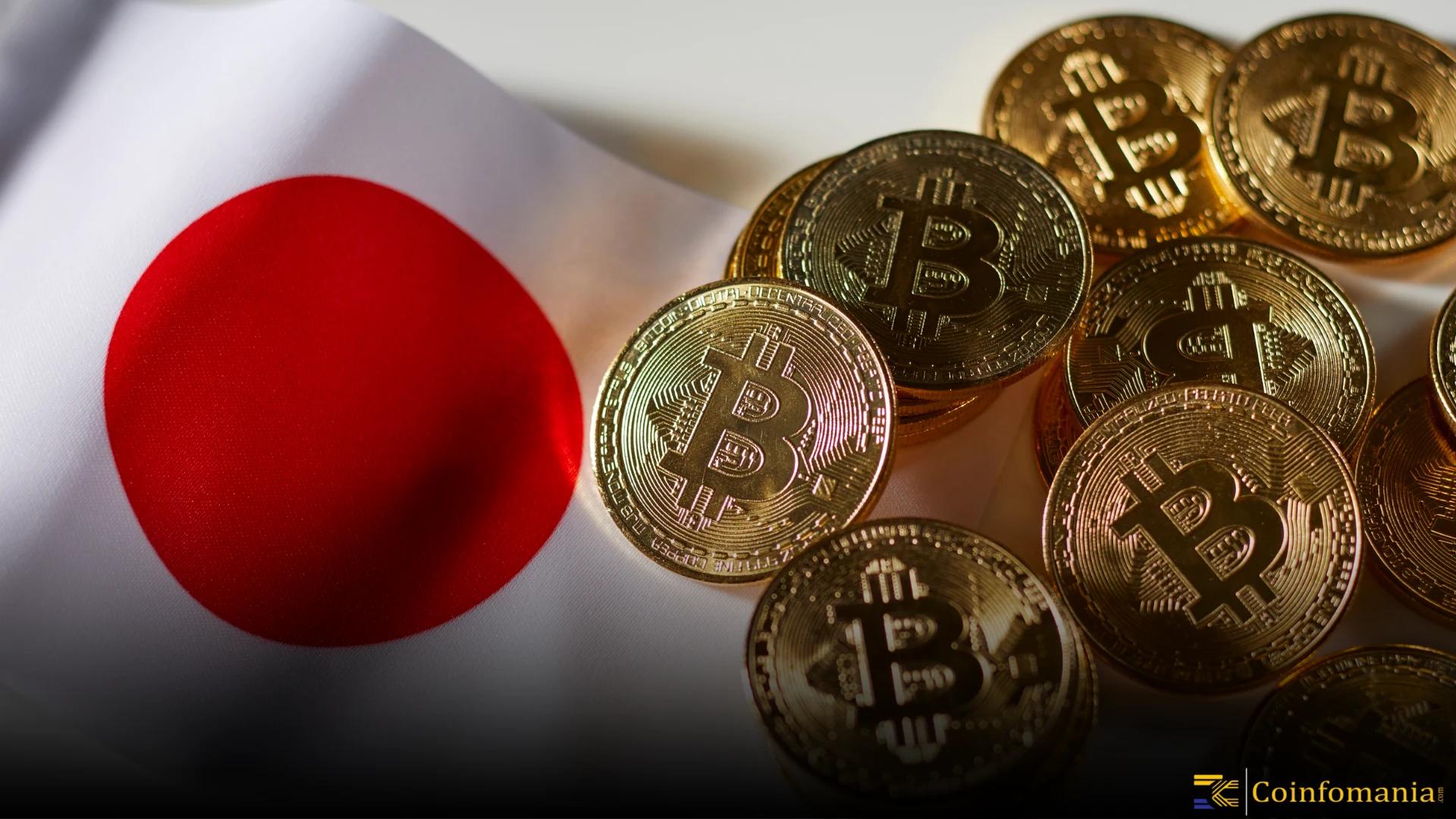Japan’s approach to cryptocurrency regulation has always been among the world’s most rigorous, but recent moves by the Financial Services Agency (FSA) have raised the bar yet again. The latest development: Bybit, the world’s second-largest crypto exchange by trading volume, has announced a temporary suspension of new user registrations in Japan effective October 31,2025. This policy shift is not just a footnote for crypto enthusiasts – it signals a pivotal moment in how exchanges and users alike must navigate Japan’s evolving regulatory landscape.

Why Bybit Is Pausing Onboarding, And Why It Matters
Bybit’s decision isn’t arbitrary. The FSA is actively considering amendments to the Financial Instruments and Exchange Act that could reclassify cryptocurrencies as financial products. This would grant regulators expanded oversight and stricter enforcement powers over exchanges operating in Japan. In anticipation of these changes, Bybit is halting new Japanese sign-ups to ensure full compliance with whatever new standards may emerge.
This move is not isolated. Over the past year, Japanese authorities have scrutinized global exchanges more closely, aiming to tighten anti-money laundering (AML) protocols and investor protection measures. For Bybit, aligning with these standards means pausing growth in favor of long-term sustainability within Japan’s legal framework.
Impact on New Users: Navigating Stricter Crypto Onboarding
If you’re a prospective crypto trader or investor in Japan, this announcement is more than just industry news – it directly impacts your onboarding journey. As of November 2025, new account registrations for Japanese residents or nationals are suspended on Bybit. Existing users remain unaffected for now and can continue trading as usual.
What does this mean for those seeking to enter the market?
- Narrowed options: With one major exchange pausing onboarding, competition shrinks and users may be pushed toward smaller or less familiar platforms.
- Higher compliance standards: Any exchange still accepting Japanese users will likely require enhanced KYC (Know Your Customer) procedures and stricter documentation.
- Potential delays: Regulatory uncertainty can slow down application processing times as platforms double-check their compliance measures.
The bottom line: For new entrants, patience and due diligence are more important than ever before.
The Regulatory Ripple Effect Across Japan’s Crypto Market
This isn’t just about Bybit. The FSA’s evolving stance sends a clear message to all crypto exchanges – adapt or risk exclusion from one of Asia’s most mature markets. Other global platforms are likely watching closely and may follow suit by tightening onboarding procedures or suspending services until there is greater regulatory clarity.
The FSA’s proposed amendments could fundamentally reshape how cryptocurrencies are classified and traded in Japan. If digital assets are indeed redefined as financial products under law, expect even more robust requirements around capital reserves, reporting obligations, cybersecurity protocols, and investor disclosures. For users, this means that every step of the onboarding process will be scrutinized – from identity verification to transaction monitoring.
For new users, the landscape is shifting beneath their feet. The regulatory environment is not just about compliance for exchanges – it’s about trust and transparency for individuals stepping into crypto for the first time. Onboarding, once a relatively quick digital process, may soon resemble opening a brokerage account at a traditional financial institution, complete with detailed background checks and periodic reviews.
Key Onboarding Steps Under Japan’s New Crypto Rules
-

Verify Exchange’s FSA Registration: Before signing up, ensure the crypto exchange is officially registered with Japan’s Financial Services Agency (FSA). This step is crucial for legal compliance and investor protection.
-

Complete Rigorous Identity Verification (KYC): Japanese regulations require users to undergo comprehensive Know Your Customer (KYC) checks, including uploading government-issued ID and address verification to prevent fraud and money laundering.
-

Consent to Enhanced User Agreements: New users must review and accept updated terms of service that reflect Japan’s evolving regulatory standards, ensuring transparency about risks and compliance obligations.
-

Set Up Two-Factor Authentication (2FA): For added security, enabling 2FA is mandatory on compliant Japanese platforms, safeguarding accounts against unauthorized access.
-

Understand Asset Segregation and Custody Rules: Japanese law requires exchanges to segregate customer assets from company funds and use licensed custodians, protecting users in case of insolvency or fraud.
-

Stay Updated on Regulatory Announcements: With ongoing FSA updates, users should monitor official exchange and FSA communications to remain informed about platform eligibility and compliance changes (e.g., Bybit’s suspension for new users).
Some prospective users may find these changes daunting. However, there are clear benefits to stricter oversight: greater investor protection, reduced risk of fraud or illicit activity, and increased legitimacy for the entire sector. For those willing to navigate extra steps, the long-term payoff could be a safer and more resilient market.
What New Users Should Do Next
If you’re seeking to onboard with a Japanese crypto exchange in late 2025 and beyond, here are some practical steps:
- Verify regulatory status: Before registering anywhere, check if the platform is licensed by Japan’s FSA or operating under transitional arrangements. This information should be public and transparent.
- Prepare documentation: Expect requests for government-issued ID, proof of address, tax identification numbers, and possibly even employment details.
- Monitor official communications: Regulatory guidance can change rapidly. Follow updates from your chosen exchange as well as statements from the FSA to avoid surprises.
- Consider alternative platforms: With Bybit pausing new registrations, look at other FSA-compliant exchanges but scrutinize their onboarding policies and fee structures carefully.
The reality is that onboarding help will become more valuable than ever. Communities and educational resources can guide users through complex compliance requirements and keep them informed of best practices as rules evolve.
The Long View: Compliance as an Onboarding Advantage
This period of transition may feel restrictive now but could ultimately serve as a catalyst for maturity in Japan’s crypto ecosystem. As exchanges like Bybit prioritize regulatory alignment over rapid growth, they set a precedent that could attract institutional investors wary of legal grey areas.
The coming year will likely see more exchanges investing in robust onboarding infrastructure – better identity verification tools, multilingual support teams, and enhanced user education modules. For new entrants who persevere through these hurdles, there’s potential access to a market that prizes security above all else.
If you’re looking to get started in Japanese crypto markets post-Bybit suspension, patience will be key – but so will adaptability. Keep an eye on evolving guidelines from both regulators and exchanges; seek out onboarding help when needed; and remember that while risk can’t be eliminated entirely in any market, it can certainly be managed through informed action.



